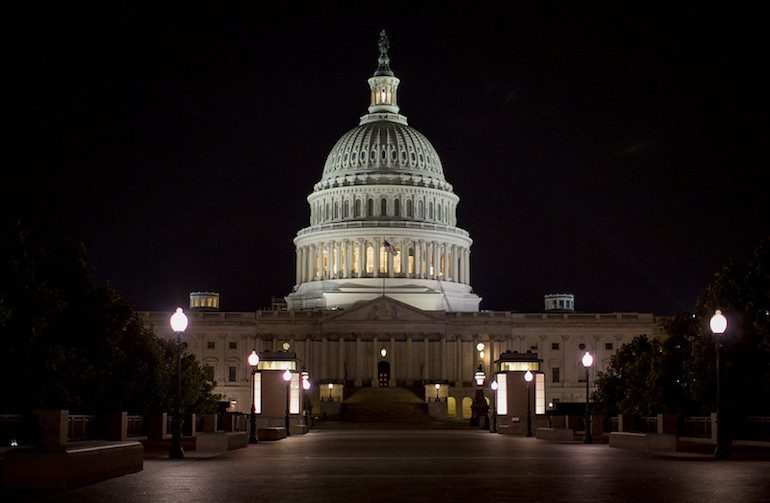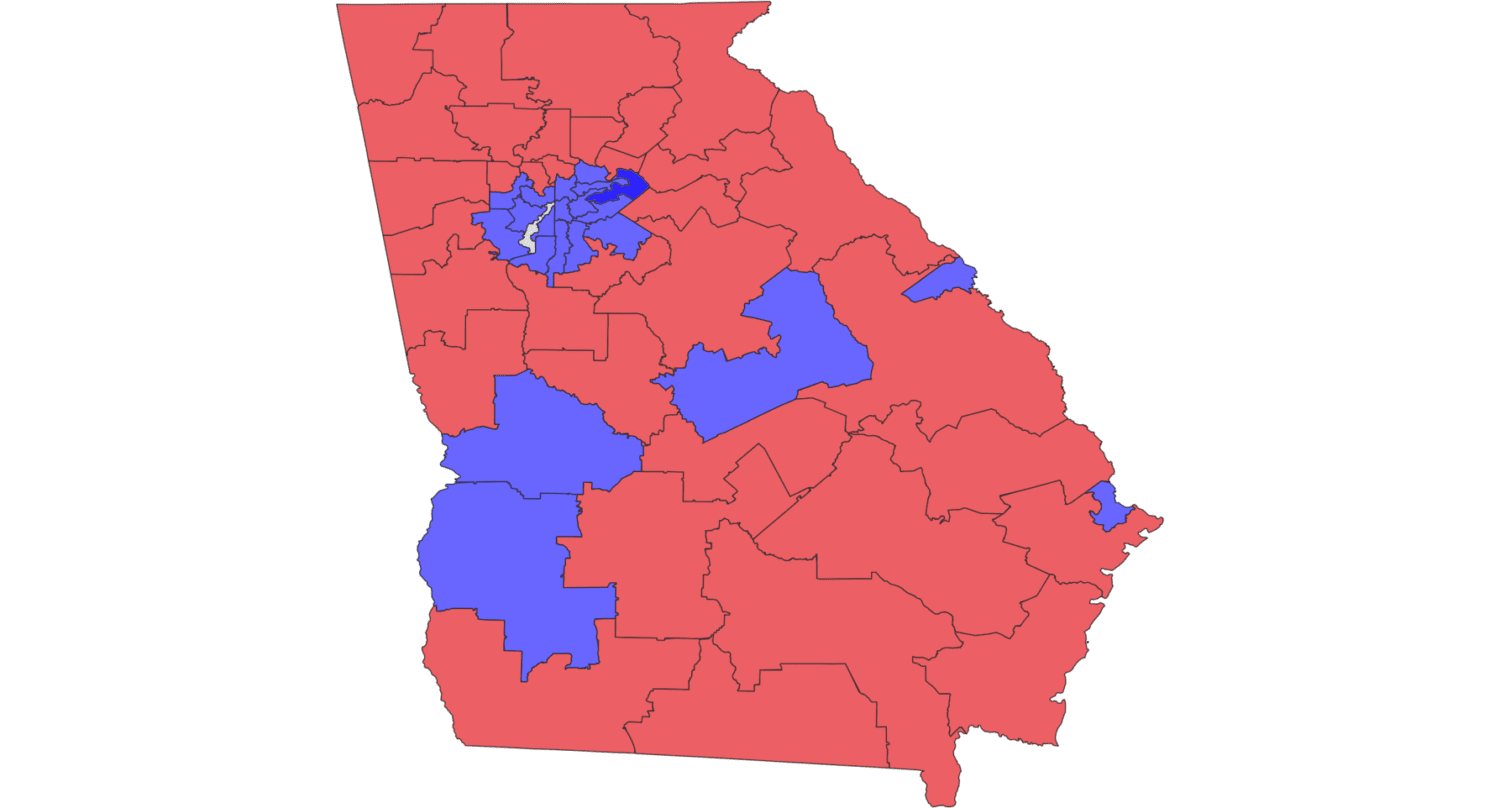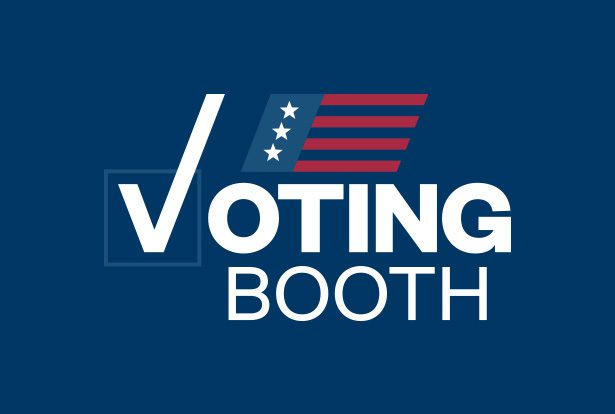The following is an excerpt of an article that was originally published on Big News Network.
The 2020 presidential election may be over. But Trump’s lies and doubts linger.
By Steven Rosenfeld
January 9, 2021
It was past midnight on Thursday, January 7, when the House began its debate on whether to accept Pennsylvania’s 20 Electoral College votes.
Earlier on Wednesday, allegations of illegal and fraudulent voting in Pennsylvania and other swing states where President Trump lost led his supporters to storm the Capitol. The mob came after a Trump rally, where the president recited numerous falsehoods that long have been debunked.
It was a stunning spectacle. More than a dozen Republican congressmen rose and condemned the violence. Then, as if the cause of the rampage lay elsewhere, they opposed certifying Pennsylvania’s votes by reciting many of the same allegations that Trump uttered that day—atop innuendo that Democrats had widely cheated.
“To sum it up, Pennsylvania officials illegally did three things,” said Rep. Ted Budd, R-NC. “One, they radically expanded vote by mail for virtually any reason. Two, they removed restrictions when a ballot could be sent in. And three, they removed signature verification on those very ballots.”
Budd did not mention that Pennsylvania’s Republican majority legislature had approved the election reforms that laid the ground rules for 2020’s election. Nor did he note that the Republican National Committee had pushed Pennsylvania’s Republicans to vote with absentee ballots—and hundreds of thousands did.
Instead, Budd and other Republicans said that the election was illegitimate because Democratic officials—such as Pennsylvania’s secretary of state—issued rules to make it easier for voters and election officials to manage in a pandemic. They said the Constitution had been violated because the Pennsylvania Supreme Court had agreed with those steps. Only state legislatures could set election rules, they said, making a novel argument that ignored decades of election law and court rulings.
“I rise in support of this objection and to give voice to the 249,386 men and women of Ohio’s 6th Congressional District,” said Rep. Bill Johnson, R-OH, “who have had their voices silenced by the rogue political actors in Pennsylvania, who unilaterally and unconstitutionally altered voting methods to benefit the Democratic candidate for president.”
“Secretaries of state and state supreme courts cannot simply ignore the rules governing elections set forth in the [U.S.] Constitution,” he fumed. “They cannot choose to usurp their state legislatures to achieve a partisan end, Constitution be damned.”These representatives were joined by others who said that Trump’s mob was “shameful,” “unacceptable” and “un-American.” Yet they went on to recite many of the same claims that Trump made before his mob acted. These claims filled the 60-plus lawsuits brought by Trump and his allies since the election—claims federal and state judges have overwhelmingly rejected as baseless and lacking in evidence.
Read the rest at Big News Network.
Steven Rosenfeld is the editor and chief correspondent of Voting Booth, a project of the Independent Media Institute. He has reported for National Public Radio, Marketplace, and Christian Science Monitor Radio, as well as a wide range of progressive publications including Salon, AlterNet, the American Prospect, and many others.
US Capitol by Richard Ricciardi, (CC BY-NC-ND 2.0), via Flickr



